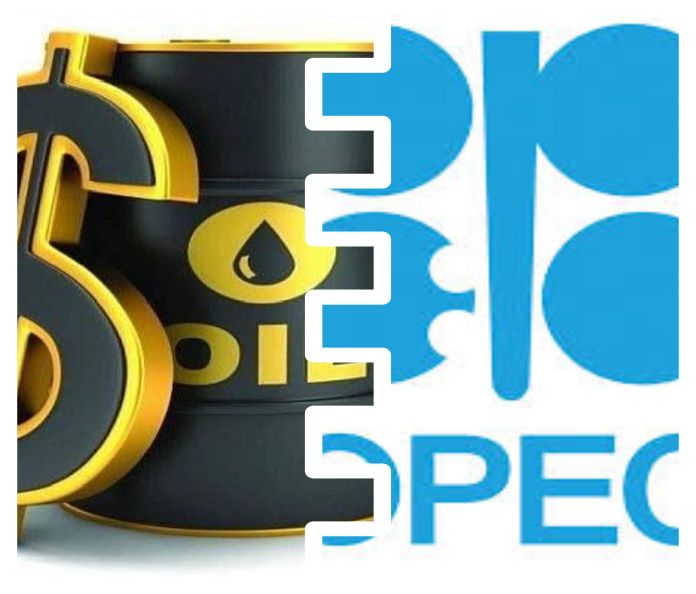OPEC Bulletin Commentary

Crude oil has long been a cornerstone of global development, acting as a driver of industrial progress and a linchpin in global energy security. Its pivotal role can be traced back to the mid-19th century when it first began to catalyze unprecedented economic growth and reshape societies. In the 178 years since Baku became the site of the first oil well drilled in 1846, the vast utility and ubiquity of oil has made it essential in powering industry, improving living standards, driving advancements in transportation, and propelling trade and economic development.
Historical catalyst for development
Historically, the impact of crude oil and its derivatives on humanity has been huge. Kerosene revolutionized lighting in the 19th century. Gasoline and asphalt transformed the
transportation sector in the 20th. Diesel engines, first tested successfully in 1897, greatly increased the efficiency, power, and durability of heavy machinery.
Synthetic plastics, as early as 1907, emerged to provide an economical, versatile, and durable material that has altered virtually every industry and sector. This list of oil’s remarkable contributions to development is far from exhaustive. Suffice to say, petroleum and petroleum-derived products have been improving living standards across the globe in some shape or form for almost 18 decades. As a result, many areas have become synonymous with a specific oil-related scientific discovery, invention, or innovation that went on to change whole countries, regions and the world.
OPEC launches 59th edition of Annual Statistical Bulletin – OPEC-OB7_82024_website

Continuing the Bulletin’s series on the transformative impact of oil, and its portrayal in museums, this edition includes a special feature on Estonia, Sweden, Denmark and Norway.
Turn to page 50 to find out which of these countries has historically relied on oil shale (not shale oil) for most of its energy; where you can visit an oil refinery preserved from
1875; which European city played a key role in the diesel engine revolutionizing global shipping; and which nation was transformed by an oil discovery in 1969.
Contemporary and future energy keystone
Far beyond Scandinavia and the Baltic, the enduring influence of oil today is evident in the vast number of essential products derived from a barrel of crude oil. Many sources estimate this number to be well over 6,000, ranging in variety from vital fertilizers to synthetic fibers.
Given crude oil’s huge versatility, it is perhaps unsurprising that global oil demand expanded in 2023 by close to 2.6 million barrels of oil a day (mb/d) – reaching an
average of 102.25 mb/d – with demand growing in almost every region. These statistics underline the ongoing importance of oil and underscore that calls to avoid investing in new oil projects do not chime with realities worldwide.
They also underscore the likelihood that oil demand will continue to grow long into the future, necessitating adequate investment – around $610 billion per annum from now until 2045 – if oil is to continue providing essential products for billions of people across the globe.
Preparing for tomorrow, today
Ceteris paribus, the versatility of crude oil and its derivatives ensure they will remain essential in some form or other in virtually all sectors and industries long into the 21st century – this includes renewables and the transmission of electricity, which are both more reliant on petroleum-derived products than many people know.
Towards this end, the oil industry’s pragmatism, adaptability and willingness to improve operational efficiency and drive technological innovation – aided by its vast expertise and related workforce of over 70 million people – will be vital.
Many oil companies in OPEC Member Countries and beyond are already preparing for tomorrow’s energy future by developing carbon capture utilization and storage, clean hydrogen technologies, direct air capture, and carbon dioxide removal.
They are also optimizing their extraction and refining processes, including by integrating artificial intelligence into their operations, and are constantly seeking to innovate. Crude oil’s versatility and the industry’s adaptability guarantee that oil will continue to play a crucial role long into the 21st century, just as it has since the 19th. Here’s to the next 178 years of innovation and development made possible by oil!





